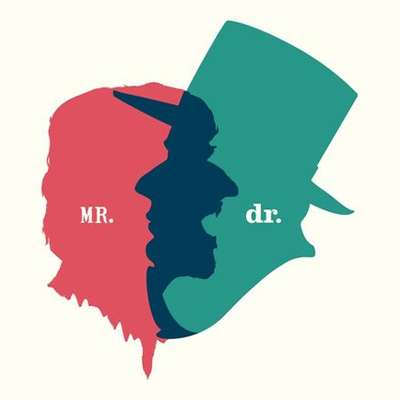They encourage readers and audiences to rethink what makes one a hero or a monster, and they ultimately argue for monstrosity to be a requisite of a modern-day hero.
McCRYSTal

McCrystal highlights the duality of man argument that drives Stevenson’s novella. The idea that one is truly evil or one is truly good seems to be an idea of the past, forgotten in favor of exploring how mankind can be composed of different traits and still be good. More specifically, authors have been toying with the idea of good people having evil characteristics, but that doesn’t necessarily make them evil.

One of the examples given was the idea of the Hulk and Dr. Bruce Banner. In the Marvel comics, Dr. Banner is a smart reserved man who barely speaks up. However, when he’s subjected to gamma radiation he ultimately becomes split: the Hulk who is angry and destructive and Dr. Banner who remains smart and reserved. This is a perfect example of what McCrystal is alluding to as Dr. Banner is not seen as a bad guy because of what he does as the Hulk, in fact he is found useful as the Hulk and is frequently asked to bring him out.
The problem with this comparison, though, is that unlike Dr. Jekyll, Dr. Banner never wanted to become the Hulk. I would like to take the time now to say that I do not think that Jekyll deserved to split his personality and become murderous, but to compare him to a person who did not want that fate and who uses their rage for the better seems like the wrong thing to do.
In all, I feel Stevenson’s novella explores the dichotomy of mankind. We are not all truly evil nor are we all truly good. Dr. Jekyll, a widely described good man, created a monster and continued to hide it instead of getting help. And though there is no argument for good in Hyde there are loads of other characters that can be examined that represent the duality of man.
